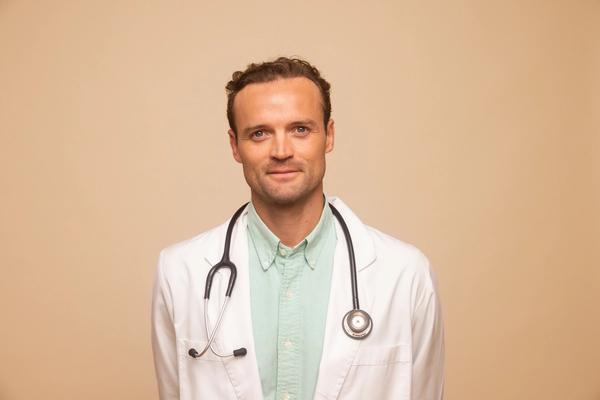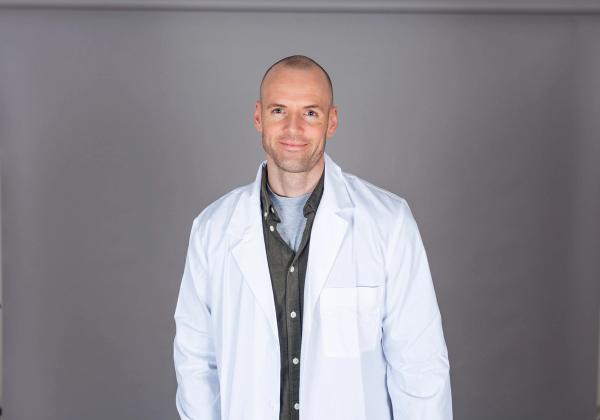Why do you get acne?
The causes of acne development are complex, and often a combination of getting into puberty and the hormones changing, the skin changing - it becomes more oily and you get changes as described in the article. Inheritance also comes into play.
Can acne be contagious?
No, acne is not contagious. The bacterium that helps to aggravate acne is a bacterium that is normally found on our skin, but with acne, it causes a gateway to create infection and an environment is formed in which it thrives well.
What can I do to prevent/reduce acne breakouts?
What you can do yourself is to be good at washing your face with soap and soap/cleansers that are gentle on the skin and have a pH of around 6.5, use mild products with little fat in them, avoid taking too much on your face and do not scratch up the acne elements. If you have received local treatment from your doctor, it is important to apply this all over your face, and not just where there is an outbreak.
Is it dangerous to go on antibiotics as long as one does with acne treatment?
It is not dangerous, but one is anxious about the development of resistance to antibiotics, which means that your own bacteria in the body learn to recognize this antibiotic and develop defence mechanisms so that the antibiotic no longer works.
I'm pregnant, can I still get treatment for acne?
Yes, you can. But it is a part of the preparations you should not use so it is important to consult a doctor and inform that you are pregnant, then the doctor will find the right treatment that is safe for both you and the child.
Author: doctor Martine Hallin Henriksen
Last updated: 16.10.2020
Reading time: 5-6 minutes
Sources
Andersen K.E., Lomholt H.B., Thestrup-Pedersen K., Wulf H.C. (2018), Clinical Dermatology and Venereology, Oslo, Gyldendal Norsk Forlag AS, pages 71-74
Hunskår, S. (2017), General Medicine, 3rd edition, Oslo, Gyldendal Norsk Forlag AS, pages 587-589
Norwegian Electronic Medical Handbook, (2020), Acne, (online), available from: https://legehandboka.no/handboken/kliniske-kapitler/hud/tilstander-og-sykdommer/pustulose-tilstander/akne/, retrieved on 16.10. 2020




